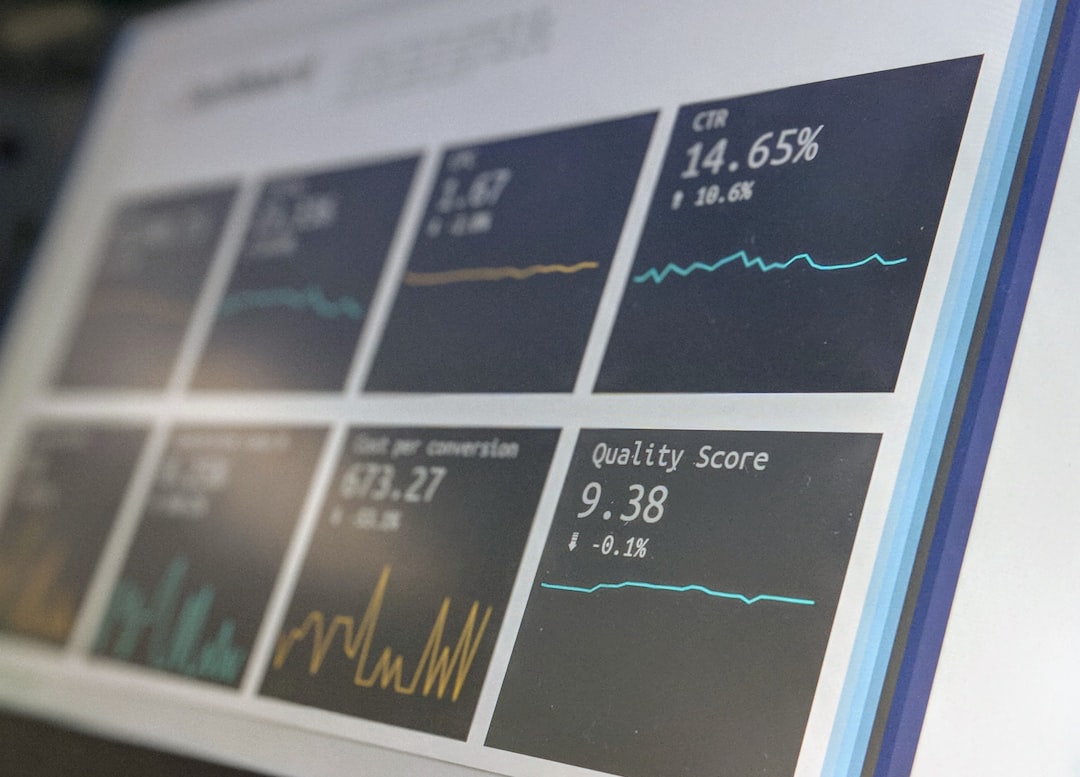
Unlocking Data Integrity Audit Access and Debugging BigData Insights
In today’s rapidly evolving data landscape, maintaining data integrity and ensuring thorough auditing processes are paramount for organizations dealing with Big Data. As data volumes grow, so do the complexities of managing, accessing, and debugging these vast datasets. This article will explore the critical aspects of unlocking data integrity audit access, as well as techniques for debugging Big Data insights.
Understanding Data Integrity and Its Importance
Data integrity refers to the accuracy, consistency, and reliability of data throughout its lifecycle. It is crucial for organizations to uphold data integrity to make informed decisions, comply with regulations, and maintain customer trust. Data integrity audits help ensure that data remains unaltered and accurate, serving as a checkpoint for discrepancies that may arise.
Key Components of Data Integrity
- Accuracy: Data must be correct and free from errors.
- Consistency: Data should be uniform across different systems and applications.
- Completeness: All required data must be present without any missing elements.
- Validity: Data should meet certain predefined formats or standards.
Unlocking Data Integrity Audit Access
Role-Based Access Control (RBAC)
RBAC is a method that restricts system access to authorized users. Implementing RBAC ensures that only those with the appropriate permissions can perform audits. This approach not only secures sensitive data but also simplifies the auditing process by maintaining a clear log of who accessed what information and when.
Implementing Audit Trails
Audit trails are invaluable in tracking data changes and user interactions. They create a chronological record of actions, which can be analyzed to identify potential integrity issues. Tools like Apache Kafka or AWS CloudTrail can assist in establishing robust audit trails for Big Data environments.
Data Governance Framework
Establishing a data governance framework is essential for maintaining data integrity. This framework should outline policies and procedures for data access, usage, and management. By promoting accountability and transparency, organizations can better safeguard their data assets.
Debugging Big Data Insights
Debugging in Big Data environments can be challenging due to the sheer volume and velocity of data. However, several strategies can enhance the debugging process:
Log Analysis
Analyzing logs from data processing applications can reveal critical insights into data flow and processing errors. Tools like ELK Stack (Elasticsearch, Logstash, and Kibana) can help aggregate and visualize logs, making it easier to identify anomalies.
Exception Handling
Proper exception handling is vital for anticipating potential issues during data processing. Integrating robust error-handling mechanisms ensures that anomalies are caught early, minimizing the impact on data integrity.
Data Validation Techniques
Integrating data validation techniques can help detect discrepancies before they propagate through the data pipeline. Implementing checks such as schema validation and business rule checks can prevent corrupt data from entering the system.
Current Developments and Trends
As organizations seek to enhance their data integrity and auditing processes, emerging trends are shaping the landscape:
AI and Machine Learning
AI and machine learning technologies are increasingly being employed to automate data audits and identify potential integrity issues. By leveraging predictive analytics, organizations can proactively detect anomalies and address them before they impact business operations.
Blockchain for Data Integrity
Blockchain technology offers a decentralized and tamper-proof method for maintaining data integrity. By utilizing blockchain, organizations can create an immutable record of data transactions, enhancing transparency and trust.
Cloud-Based Solutions
The shift to cloud-based solutions is revolutionizing how organizations manage their data. Cloud platforms provide scalable storage and advanced analytics tools, making it easier to perform audits and debug data issues.
Case Study: A Retail Company’s Journey
Consider a large retail company that implemented a comprehensive data integrity audit system. By employing RBAC and audit trails, they were able to track customer transactions and resolve discrepancies efficiently. The implementation of AI-driven analytics helped them identify patterns of fraudulent activities, leading to a significant reduction in losses. This case underlines the practical applications of robust auditing and debugging strategies in Big Data environments.
Expert Opinions
According to Dr. Jane Smith, a data scientist at a leading analytics firm, “Data integrity is not just about protecting information; it’s about building trust. Organizations that prioritize data integrity will not only comply with regulations but also enhance customer satisfaction.”
Further Reading and Resources
- Understanding Data Governance
- Big Data Analytics: Techniques and Applications
- Building a Robust Data Audit Trail
By exploring these resources, readers can deepen their understanding of data integrity and auditing strategies.
Unlocking data integrity audit access and debugging Big Data insights is essential for organizations aiming to harness the full potential of their data. By implementing effective strategies, adopting emerging technologies, and fostering a culture of accountability, businesses can ensure their data remains a valuable asset.
For continued insights on DevOps automation and data integrity practices, consider subscribing to our newsletter and sharing this article with your network.


